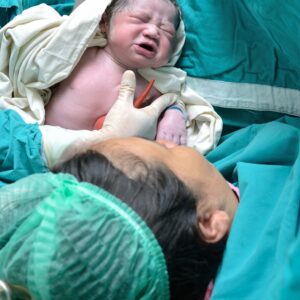Description
Familiarity with Treatment:
Orthopedic spinal surgeries are medical procedures aimed at rectifying issues related to the spine. These surgeries can be performed for a variety of reasons, including pain relief, mobility improvement, or deformity correction.
Procedure
The specific procedure depends on the condition being treated. Some common types of orthopedic spinal surgeries include:
- Discectomy: This involves the removal of a herniated disc.
- Laminectomy: This procedure involves the removal of the back part of a vertebra to create more space for the spinal cord or nerves.
- Spinal Fusion: This procedure involves joining two or more vertebrae together.
- Disc Replacement: This involves replacing a damaged disc with an artificial one.
Suitability
Orthopedic spinal surgery may be suitable for individuals who have conditions such as herniated discs, spinal stenosis, scoliosis, or chronic lower back pain that has not responded to conservative treatments. It may also be suitable for individuals who have experienced trauma to the spine or who have tumors on the spine.
Non-Suitability
Orthopedic spinal surgery may not be suitable for individuals who are in poor overall health, as the surgery and recovery can be physically demanding. It may also not be suitable for individuals with certain conditions, such as osteoporosis, which could make the surgery more risky.
Advantages
The main advantage of orthopedic spinal surgery is that it can provide relief from chronic pain and improve mobility. In many cases, it can also correct spinal deformities.
Complications
As with any surgery, orthopedic spinal surgery carries risks. These can include infection, bleeding, nerve damage, and complications from anesthesia. There is also the risk that the surgery will not relieve the pain or that it could even make the pain worse.
Preoperative Care
Preoperative care for orthopedic spinal surgery typically involves a physical examination, blood tests, and possibly imaging tests. The patient may also need to stop taking certain medications and to fast for a certain period before the surgery.
Postoperative Care
Postoperative care can include pain management, physical therapy, and regular follow-up appointments to monitor healing. The patient may also need to wear a brace and to avoid certain activities for a period of time.







Reviews
There are no reviews yet.